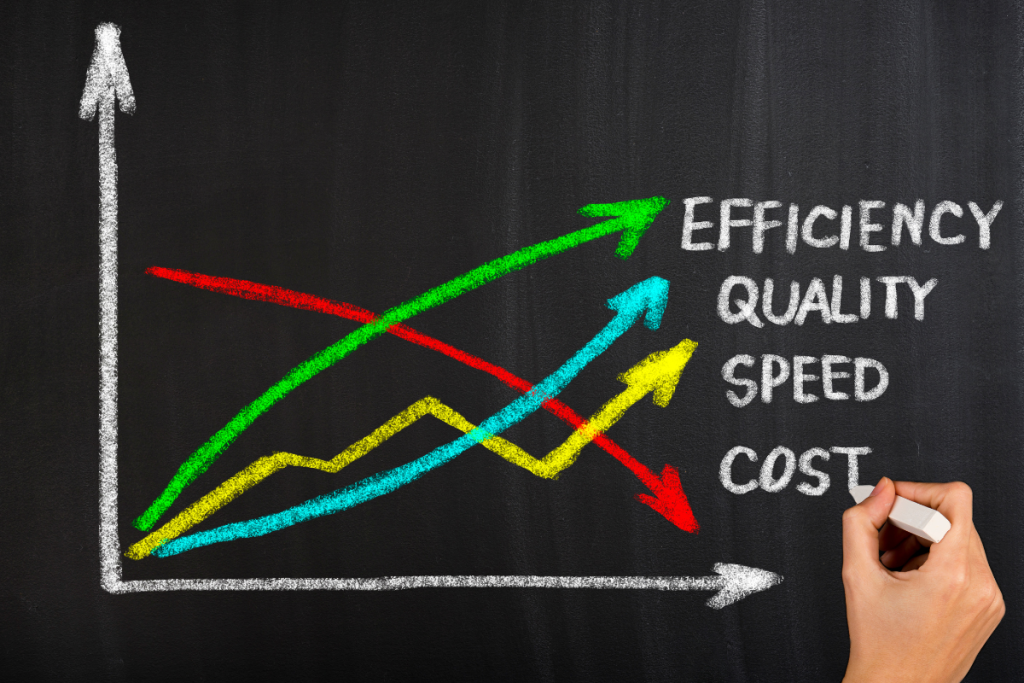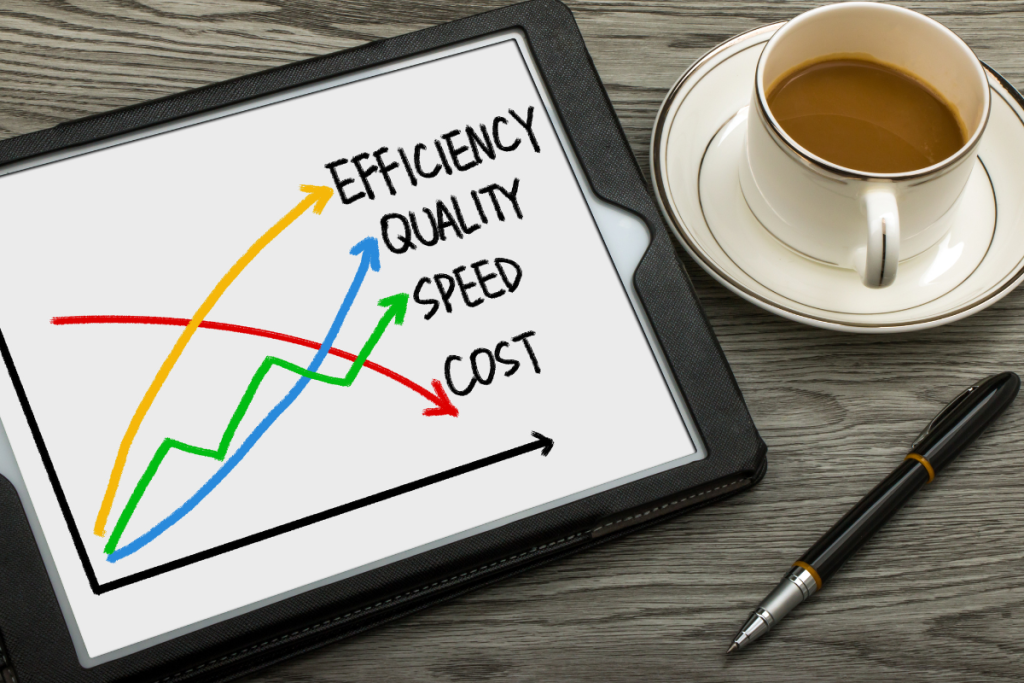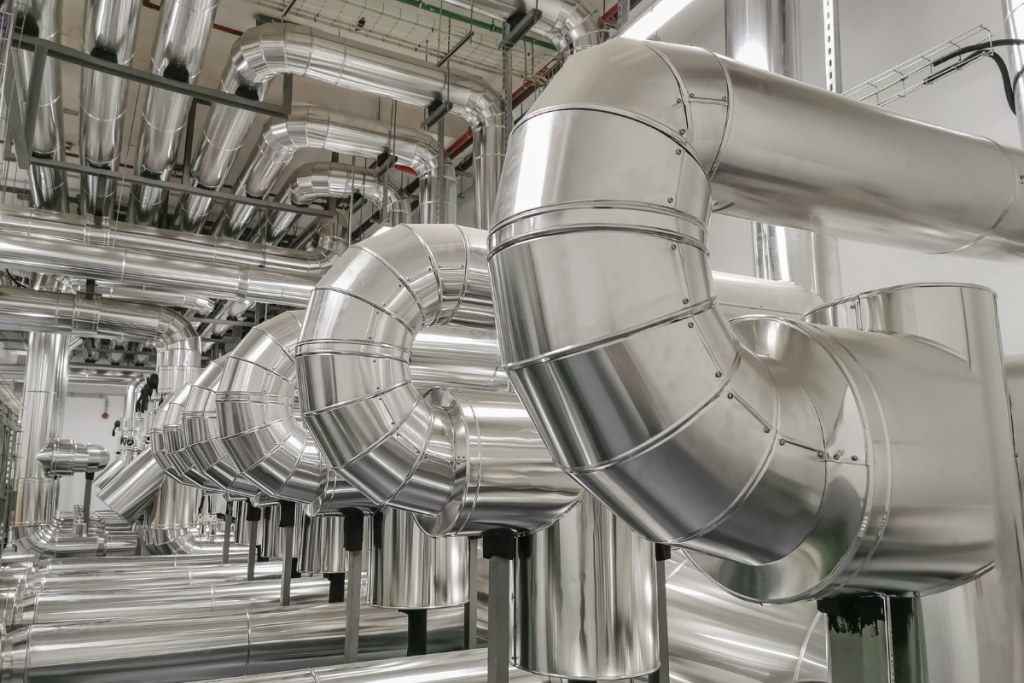Commercial property managers understand that keeping up with regular scheduled maintenance of their HVAC system is an investment that will keep their systems running smoothly, as well as extend the life of its components. However, even the most rigorous maintenance programs can’t keep your system running forever, and eventually your HVAC professional will recommend that parts or all of it will need to be replaced.
Although the thought of this expensive undertaking might give one pause from a financial point of view, property owners should consider an HVAC system replacement as a valuable opportunity to upgrade to a more efficient system that will not only reduce their energy costs, but also increase the value of their property.
Here are five questions to ask when weighing on whether to invest in a new HVAC system:
How Old Is Your HVAC System?
Yes, we like to think that age is just a number, and if we treat our HVAC systems well, they’ll last for years. In many cases, these systems last an average of 15 years, depending on factors such as how often it was maintained, inspected, and serviced. You might be able to push your system to keep operating beyond its lifespan, but then there’s a higher risk of an expensive breakdown that can cause serious damage to your building. Proactively replacing the system within its lifetime can prevent a catastrophe down the road.
Has Your Current HVAC System Been Reliable?
It’s important to consider how often and for how long your HVAC system is out of service due to breakdowns. Even if your aging system is just constantly blowing fuses or tripping circuit breakers, the inconvenience of the continual downtime can be both inconvenient and expensive. Energy efficiency also depends on the reliability and performance of your HVAC system, so if breakdowns become a regular occurrence that eats away at your patience and bottom line, it might be time to start considering a new system.
How Expensive Will Maintaining The Current HVAC System Be?
When looking at the cost of maintaining vs. replacing your current HVAC system, you might be tempted to carry on with what you have. However, over time the costs of continually fixing and replacing worn out parts can put you consistently over budget, making your attempt at saving money more expensive than investing in a new system, which will significantly reduce both your repair costs and energy spend.
Read More: Why HVAC Maintenance is Crucial to Your Bottom Line
Have Your Energy Bills Gone Up?
As almost any piece of machinery gets older, it becomes less efficient. The same is true with your HVAC system: as the components begin to approach their expected lifespan, they will need to work harder in order to keep performing at a consistent level. This will require an increase in energy use that, especially if your system services a large area, will be reflected in higher energy bills. With your current system, this situation will not likely get better without installing a new system. The good news is that new HVAC systems use advanced technology such as building automation, digital thermostats, and electronic controls that give you greater control over your system, which will result in a dramatic reduction in energy costs.
Read More: 7 Common Commercial HVAC Problems
Have The Number Of Repair Tickets Gone Up?
Are your tenants putting in more repair tickets than usual? Have they forwarded complaints from their clients and customers? Are you seeing your HVAC maintenance professional more than usual to handle these repairs? The cost of the ongoing repairs is bad enough, but uncomfortable and unhappy tenants can put a dent in your reputation, which can cost even more in lost rental revenue down the road. A new HVAC system will provide cleaner air, increasing productivity, sales, and happiness for your tenants, and keep your repair and energy costs down as well.
The Power of Green HVAC Systems
Many newer HVAC systems feature energy-efficient components that take up less space, are easier to use, and prepare your building for future equipment requirements that are becoming mainstream. By giving you better control over the air that flows to individual spaces, as well as the ability to fully program airflow at certain times, you’ll cut down on energy consumption and costs.
Many energy-efficient parts can be installed on your current HVAC system to provide immediate energy savings when it’s too early to replace your whole setup. After all, it’s never too early to start saving money.
Feel free to reach out to me if you have any questions, or need a second opinion about replacing your HVAC system.
Gregg Little is Co-owner of Springbank Mechanical Systems. He can be reached at 905-569-8990 or gregg@springbank.com.






